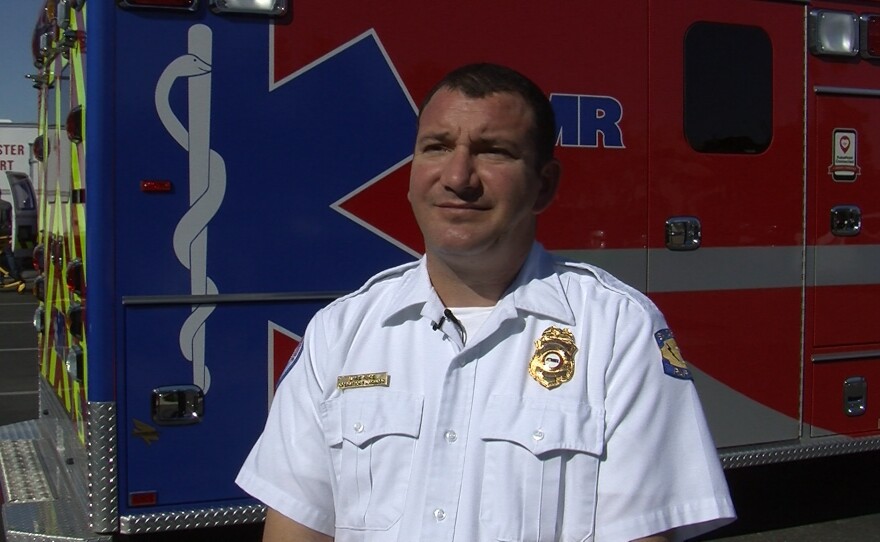The new private operators of the city of San Diego's ambulance service say they’re moving quickly to solve Rural Metro’s on-time issues.
American Medical Response said it is bringing experts from inside the company to assess why Rural Metro was not meeting the requirement that its ambulances be on scene within 12 minutes at least 90 percent of the time. The new company has already brought in five additional ambulances to serve the city.
“The current status was that the response time compliance numbers were not where they needed to be," said Mike Rice, AMR San Diego's operations manager. "And in the longer term, analyzing the deployment model, the system status plan, and all the other things that go into making a system function.”
Rural Metro has been under pressure since the city fined the company in October.
“They failed in every area of the entire city, every community," Councilman David Alverez said. "There is clearly some systemic problems there. What I’ve called for is for us to be prepared to terminate the contract if it happens one more time.”
Rural Metro had submitted a plan to correct problems to the city on Oct. 16, before the sale was finalized. AMR plans to submit a correction plan to the city. At the moment, the new company does not plan to combine operations with any of its suburban operations.
Rice said AMR is meeting the terms of its contracts with the other cities it serves in San Diego County, including Chula Vista, La Mesa and El Cajon. The company does have its work cut out for it. With 90,000 911 calls, San Diego is nearly triple the size of all its other local operations combined.







